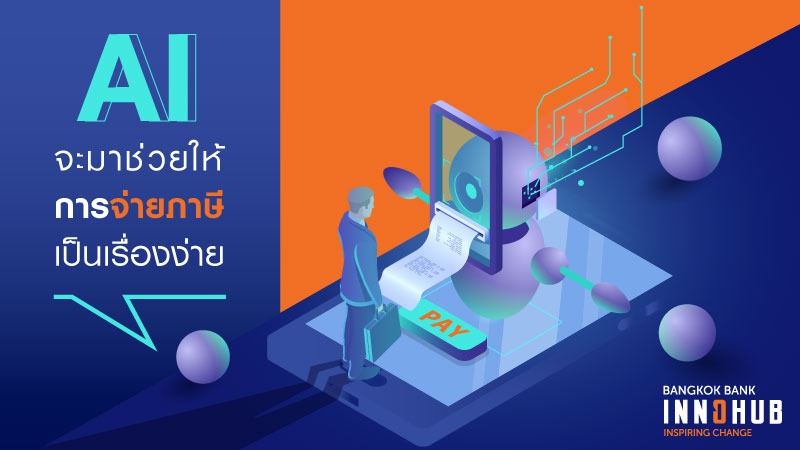When AI makes your taxes a lot easier
AI technology is now being used in many different kinds of tasks, including one that many people find unpleasant – tax calculations and payments. So how can AI help?.
From an individual’s point of view, tax payments can seem really complicated with all the steps and scattered expenses or income that one cannot remember. However, AI can help you with this problem by gathering all the data and making suggestions. This technology is used in a tax management company called H&R Block, which uses IBM’s AI ‘Watson’ to create a questionnaire for their customers to fill in. Once this is done, AI compares the answers with tax requirements to see whether a customer will get a tax deduction or refund on any part of their expenses or revenue. This will help save a lot of time, because in the US, the Tax Code is as long as 2,600 pages.
Now let’s see how it can be used for companies. Some businesses need to record their income, expenses, and documents, then proceed through the information steps very carefully to comply with the strict regulations. Ernst & Young is a large accounting company that has begun using AI to review large numbers of documents in order to ensure that they follow all of the tax regulations.
The Automated Ledger Review Tool (ALeRT) system used by Ernst & Young uses AI to revise documents and go through all of the tax process automatically. The AI works by categorizing each type of transaction and comparing keywords and patterns with previous transactions to determine how to manage them with regard to tax policies. If the AI cannot decide, the system will forward the case to an expert for a second opinion.
AI also helps with taxes at a government level. The IRS of the United States has attempted to design an AI system to help with their work. One of the ideas is using AI to explore social networks and check for businesses that are not paying tax. However, the idea is still being considered in order to better understand the possibilities under designated conditions.
As for Thailand, the Revenue Department also plans to use AI technology to increase their working efficiency by using AI to assist in the data checking process. AI will examine tax payment applications by analyzing data that the department has access to, such as VAT. This will save time and lower the chance of errors, so taxpayers will get their refunds back much faster. The Revenue Department even expects that one day their AI will be smart enough to fill out tax payment forms automatically for taxpayers.
Since AI is used in many new ways, whether for private daily life or for work, and it is not difficult to use, it will be used more and more to manage tasks efficiently. Now AI is showing its usefulness in tax management, and by smoothing out the process and reducing errors it is convenient for every party. This is definitely another interesting step in the development of AI technology.
Read more >> Understanding Your Customers Better with Emotional AI




